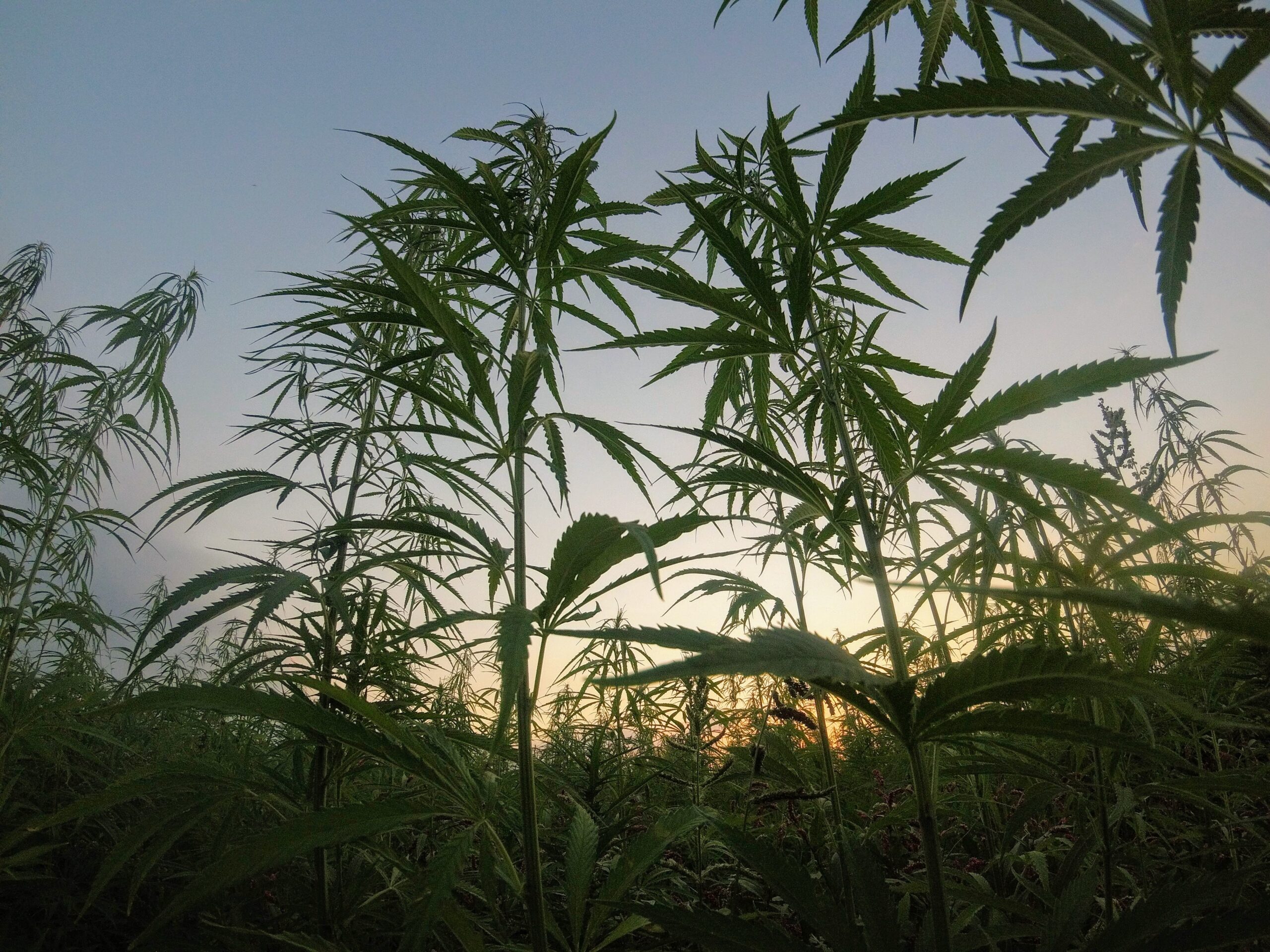California Cannabis Market
The cannabis consultants at Point Seven Group are experts in the California cannabis market. We have successfully helped our clients obtain cannabis licenses, design dispensaries, build identifiable cannabis brands, and operate compliant cannabis businesses. Our team of cannabis experts can help you reach your business goals in the California cannabis market!
CALIFORNIA CANNABIS MARKET STATUS
The State of California is currently accepting applications and issuing cannabis business licenses for commercial cannabis activity for both medical and adult-use including cultivation, distribution, manufacturing, testing laboratories, retail, and holding events where cannabis will be sold. California recently ended their provisional cannabis license program and as of March 31, 2022 is only accepting applications for annual state licenses. As of 2023, there are over 12,000 cannabis licenses in California and more than a dozen California cities have open enrollment for new recreational cannabis licensing opportunities.
ADULT-USE CANNABIS IN CALIFORNIA
Adult-use cannabis was approved by California voters on November 8, 2016 through the passage of Proposition 64, the Adult Use of Marijuana Act. This Act allows adults to possess up to one ounce of cannabis, grow up to six plants at home, and provides licensing opportunities for interested parties in California. In 2018 licenses were granted to operators with the first legal recreational sales beginning January 1, 2018. Adults age 21 and older are legally allowed to possess up to one (1) ounce of dried marijuana or eight (8) grams of concentrate under California law, as well as grow up to six (6) plants for their personal use. Adults who exceed these amounts can be charged with a misdemeanor and punished by up to 6 months in jail and/or a fine up to $500.
MEDICAL MARIJUANA IN CALIFORNIA
California was the first state to legalize medical cannabis in 1996 with the passage of Proposition 215, otherwise known as the Compassionate Use Act of 1996. Proposition 215 was approved with 56% of the vote to legalize the cultivation, possession, and use of cannabis by patients with a physician recommendation for specific, qualified conditions. The vague wording of Proposition 215 left many California residents frustrated leading to the introduction of Senate Bill 240 in 2003. This bill allowed non-profit collectives to provide cannabis to patients and created an identification card system for medical cannabis patients. Additionally, all possession limits were lifted in 2010 after the California Supreme Court ruled SB 240 did not limit the quantity of cannabis a patient can possess. Patients that qualify and obtain a physician’s recommendation can buy cannabis products with more THC, buy more cannabis at a time, possess more cannabis, grow more plants at home, and get a medical marijuana ID card. A medical marijuana ID card is voluntary and those who have one are exempt from sales and use tax.
OUR SERVICES IN THE CALIFORNIA CANNABIS MARKET
ADULT-USE CANNABIS MARKET PROJECTIONS IN CALIFORNIA
CALIFORNIA CANNABIS NEWS
CALIFORNIA CANNABIS LAWS

California became the first state to allow medical cannabis use when voters passed the Compassionate Use Act in 1996. Today, cannabis is legal in California for both medicinal and adult-use. The framework for regulation of commercial activity throughout the state is derived from The Medicinal and Adult-Use Cannabis Regulation and Safety Act. This law requires all commercial cannabis facilities to be licensed by the state, and gives local authorities the power to decide what activities are permitted in their jurisdiction. On July 12, 2021 the three former state cannabis authorities: Bureau of Cannabis Control, CalCannabis Cultivation Licensing Division, and the Manufactured Cannabis Safety Branch were consolidated to create the Department of Cannabis Control (DCC) as the sole state agency that licenses and regulates cannabis businesses.
As a new and growing industry, California lawmakers continuously update and refine the state’s regulatory policies. Some areas of particular interest include the environmental impact of producing cannabis; how to eliminate the elicit underground market; the tax burden imposed on the sale and operations of cannabis; and safe, compliant banking solutions for cannabis businesses. Although cannabis is legal throughout the state, ultimately the decision on lifting prohibition and drafting cannabis ordinances rests with the local municipality. There are 58 counties in California, and local governments are updating and establishing local policies on cannabis retail, manufacturing, and cultivation laws on nearly a daily basis.
CALIFORNIA HEMP LAWS
Much like California cannabis business licensing, California hemp producers must obtain local approval by the cities prior to qualifying for a state license. In accordance with the California Code of Regulations (CCR), hopeful industrial hemp growers and breeders are required to register prior to planting any crops. California industrial hemp cultivation requirements can be found in Division 24 of the California Food and Agricultural Code (FAC) and in Title 3, Division 4, Chapter 8 of the CCR. For information on any local restrictions that may apply to your hemp business, please contact the applicable county and/or city officials, including the county agricultural commissioner’s office for more information.


